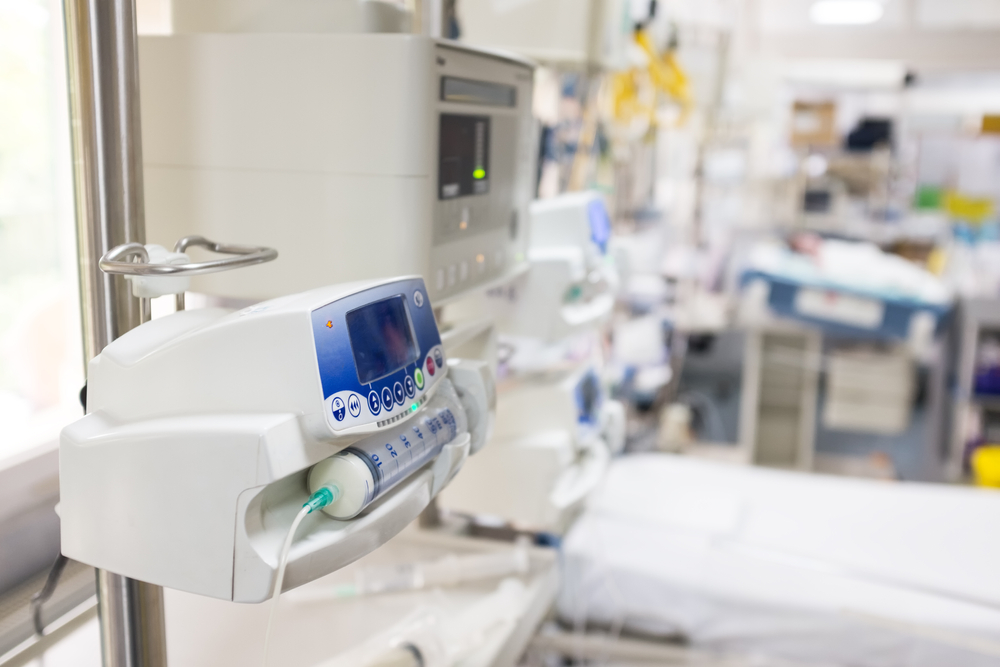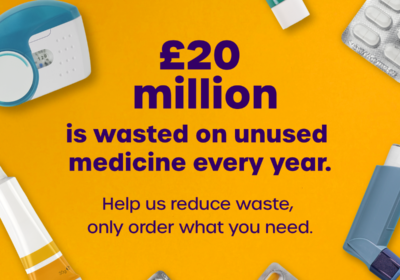More than 500 patients at the trust who stayed at least one night in hospital during November 2023 took part in a national survey by the Care Quality Commission (CQC).
Between January and April, 1,250 patients aged 16 or over at each participating NHS trust were invited to take part in the survey and 63,573 people across 131 NHS trusts responded – including 512 patients at South Tyneside and Sunderland NHS Foundation Trust (STSFT).
All scored a number of areas relating to their stay out of ten. The scores for STSFT were as follows:
- Admission to hospital – 7.4
- The hospital and ward – 7.3
- Doctors – 8.7
- Nurses – 8.2
- Care and treatment – 8.1
- Operations and procedures – 7.3
- Leaving hospital – 6.9
- Feedback on care – 3.9
- Kindness and compassion – 9.0
- Respect and dignity – 9.0
- Overall experience – 7.9
All were in line with the national scores.
The overall results showed that people’s experiences of inpatient care have deteriorated since 2020. The results for the 2023 survey remain generally consistent with 2022 and 2021 following significant declines for almost all questions in the 2021 survey compared with 2020.
Most respondents reported a positive experience in their interactions with doctors and nurses, such as being treated with respect, dignity, kindness and compassion and being included in conversations, generally remaining consistent with the previous year, although those receiving clear answers to questions and having confidence and trust has decreased slightly.
Discharge from hospital remains a challenging part of people’s experiences of care. Fewer respondents felt involved in decisions about their discharge from hospital, with less than half feeling they were given enough notice before being discharged. Over four in ten felt certain about what would happen with their care after leaving hospital.
Experiences of hospital waiting times have continued to decline. While elective patients remain generally positive about their experience of how long they had to wait before being admitted to hospital, with most rating the quality of information they received while on the waiting list as good, more people felt that they had to wait too long. Although just under half of elective patients reported no change to their health while waiting for admission, just over four in ten felt their health worsened.

Positive findings
Interactions with staff
- Most people (72% for both doctors and nurses) said they ‘always’ got answers to their questions they could understand, remaining consistent for doctors (73% in 2022), and a slight decrease for nurses (73% in 2022).
- 80% and 78% of respondents said they ‘always’ had confidence and trust in doctors and nurses respectively, although this has decreased slightly for both doctors (81% in 2022) and nurses (79% in 2022).
- Respondents who felt they were treated with respect and dignity has remained at 82% since 2021, while 80% said they were treated with kindness and compassion.
Meeting individual needs
- 70% of respondents said they were ‘always’ able to take medication they brought with them to hospital when they needed to.
- 75% of respondents said they were ‘always’ offered food that met any dietary needs or requirements they had.
- 88% said they got enough to drink during their time in hospital, which has remained consistent since 2020.
Involvement in care
- When asked about being included in conversations, 75% said both doctors and nurses ‘always’ included them, compared with 74% and 75% respectively in 2022.
Key areas for improvement
Patient discharge from hospital
- 29% said they had little to no involvement in decisions about their discharge (19% said they were ‘not very much’ involved and 10% said they were ‘not at all’ involved), compared to 25% in 2022, while 33% of respondents said they were involved ‘a great deal’, a statistically significant decrease of 4 percentage points from 2022.
- 48% of respondents said they were given enough notice about when they were going to leave hospital, remaining consistent with 2022.
- 46% said they ‘definitely’ received enough support from health or social care services after leaving hospital, unchanged since 2021, and remaining 5 percentage points lower than in 2020.
- 44% of respondents ‘definitely’ knew what would happen next with their care after leaving hospital, compared with 45% in 2022.
Waiting times
- 23% of elective patients said they would like to have been admitted ‘a bit sooner’ and 19% ‘a lot sooner’ (compared with 22% and 17% respectively in 2022), while 58% said they ‘did not mind waiting as long as they did’, compared with 61% in 2022.
- 43% of elective patients said their health deteriorated while waiting to be admitted to hospital, though 49% said their health remained the same.
- 18% of respondents felt they had to wait ‘far too long’ to get to a bed on a ward after admission, which remains 10-percentage points higher than in 2020.
Overall experience
- 51% of respondents rated their overall experience of inpatient care as a 9 or 10 (where 10 is a very good experience) compared with 50% in 2022. 4% of respondents reported a very poor experience overall with scores of 0 or 1, which remains unchanged since 2021.
How experience varies for different groups of people
People who were considered frail reported poorer than average experiences for all the questions analysed in the survey.
Similarly, respondents aged 16 to 50, those admitted for emergency care, or those with a disability, dementia or Alzheimer’s, a condition which affects their physical mobility, or ‘another long-term health condition’ reported poorer experiences of inpatient care for almost all questions we explored.
Respondents with a neurological condition reported poorer experiences for more than half of these questions.
In contrast, older people, male respondents, people who were in hospital for an elective admission, those who stayed in hospital for only one night, and those not considered frail or disabled generally reported better experiences across most areas of care.
Louise Ansari, Chief Executive of Healthwatch England, responded to the CQC report. She said: “These findings reflect what people have told us about their experience of hospital discharge, with a lack of communication from services making them feel forgotten and confused about the next steps.
“Poor hospital discharge processes can leave people unable to get home or get the appropriate help once at home. It also leaves people at risk of returning to their GP, hospital or social care teams soon after discharge. And uncertainty about next steps can increase the pressure on unpaid carers who are left without support to help the person they care for.”
She added: “A rise in the number of patients who say their health deteriorated while awaiting hospital admission is troubling, especially given the NHS’s efforts to tackle waiting times.
“People tell us about the detrimental effect of delays, cancellations and long waits on their health and wellbeing. The NHS won’t reduce waiting times overnight, but more needs to be done to prioritise those in greatest need and improve the experience of waiting.
“Central to this is providing more regular check-ins about people’s condition and pain levels and better support for physical and mental health symptoms. We also want to see more regular publications of data on people’s experiences, and for the NHS teams to measure their performance against experience as well as total numbers of appointments.
“While most people report good care from staff once they get to hospital, patients need more support while they wait.”
The full report can be found here and the findings for STSFT here.






